In recent years, the topic of potential bias toward Israel in the US media has become a subject of intense debate among academics. This article explores the multifaceted discussion surrounding this issue, examining the claims, providing academic perspectives, and delving into the broader implications for media representation and journalistic integrity. By shedding light on this complex and sensitive matter, we aim to foster a better understanding of the dynamics at play and encourage critical analysis of media coverage.
The Claim of Bias: Scrutinizing Media Representation
Academics and media critics have voiced concerns about potential bias in the US media’s coverage of Israel, raising significant questions about objectivity and fairness:
- Framing and Story Selection: Critics argue that the media’s choice of stories, emphasis on specific narratives, and framing of events can influence public opinion by favoring a particular perspective. Examining patterns of story selection and framing can shed light on potential biases and disparities in media representation.
- Balance and Context: Media outlets are expected to present a diverse range of perspectives and provide contextual information to enable viewers and readers to form informed opinions. The absence of voices from different sides of an issue or the omission of crucial historical and political context may contribute to perceptions of bias.
Academic Perspectives: Debating the Evidence
Academics belonging to various fields of study have offered insights and differing viewpoints on the topic of bias in US media coverage of Israel:
- Media Studies and Journalism: Scholars in these disciplines analyze media content and journalistic practices. Some argue that an inherent pro-Israel bias exists in US media due to a range of factors, including ownership influence, historical narratives, and geopolitical considerations. Others suggest that media bias may not be intentional but rather a result of systemic factors and ingrained narratives.
- Political Science and International Relations: Academics in these fields explore the complex relationship between media coverage and political dynamics. Some contend that bias may emerge due to geopolitical alliances and interests, while others argue that it is a reflection of the influence exerted by interest groups and lobbying efforts.
Implications and Considerations for Media and Journalism
The concerns raised regarding bias toward Israel in the US media have broader implications for media representation and journalistic integrity:
- Promoting Pluralism and Objectivity: The media plays a significant role in shaping public opinion and informing societal discourse. By actively seeking diverse perspectives and providing comprehensive and balanced coverage, journalists can contribute to informed public debates and counter perceptions of bias.
- Ethical Journalism and Transparency: Maintaining high ethical standards, including transparency in sourcing, disclosure of potential conflicts of interest, and accuracy in reporting, is crucial for rebuilding trust in media institutions. Adhering to these principles can help ensure that the public receives fair and balanced coverage.
- Media Literacy and Critical Thinking: Promoting media literacy education and critical thinking skills among audiences is essential to empower individuals to engage with media content critically. By encouraging discernment and skepticism, individuals can actively analyze media narratives and recognize potential biases.
Conclusion
The concerns voiced by academics regarding potential bias toward Israel in US media coverage have opened up important debates about media representation and journalistic objectivity. Examining framing, story selection, balance, and context offers insights into the complexity of media bias. Striving for pluralism, adhering to ethical journalism principles, and promoting media literacy are crucial steps toward fostering a more informed and discerning media landscape. By encouraging diverse perspectives and critical analysis, we can contribute to a more balanced and nuanced understanding of international events and conflicts.




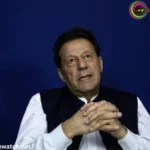







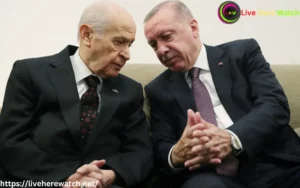




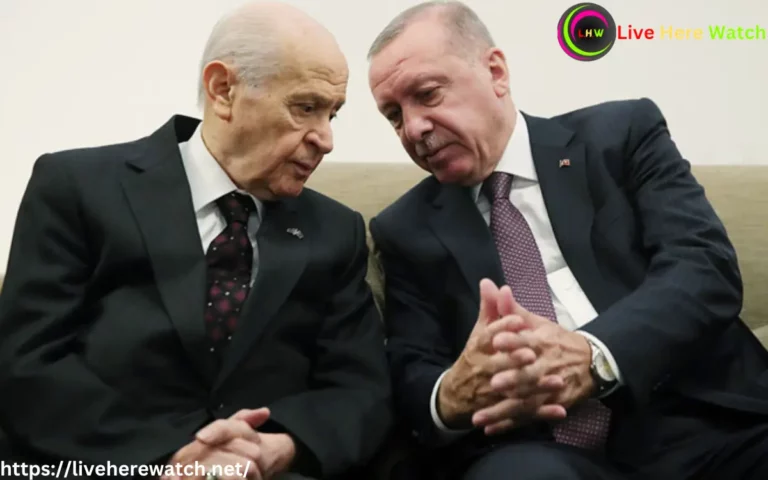

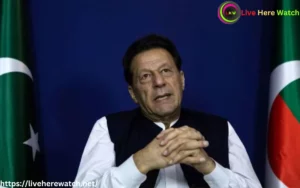

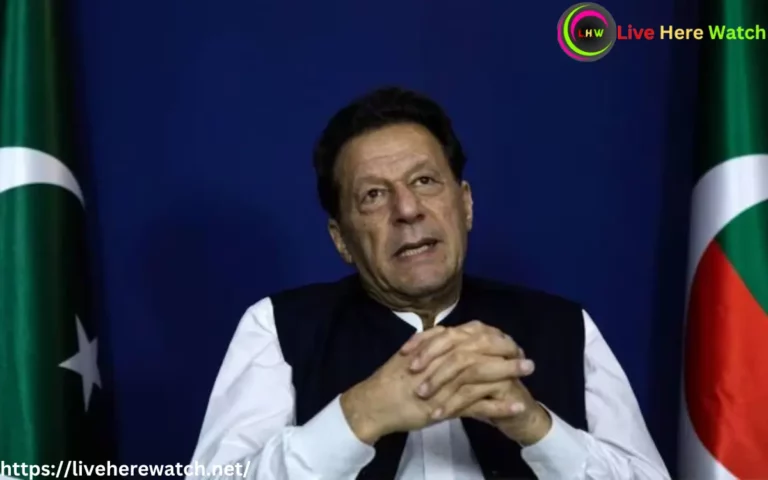



+ There are no comments
Add yours